German film director Wim Wenders is considered a leading light in contemporary cinema. Ernst Wilhem Wenders was born in Düsseldorf, Germany, on August 14, 1945. At 21, Wenders moved to Paris. He spent much of his free time at the Henri Langlois’s Cinémathèque. There, he fell in love with American movies. In 1967, Wenders studied at the University of Television and Film in Munich. He worked as a film critic for several publications and began to shoot short films. Wenders’ first movie was Summer in the City. In it, the lead character, just released from prison, aimlessly wanders the streets of West Berlin. Between 1973 and 1975, Wenders produced a series called the “Road Trilogy”: Alice in the Cities, False Movement and Kings of the Road. Wenders’ poetic style of filmmaking used limited dialogue and lengthy scenes, moving away from classic narratives. In 1978, director Francis Ford Coppola invited Wenders to the United States to direct Hammett. A troubled production, it led Wenders to make The State of Things. Inspired by his difficult relationship with Coppola, the movie was also a reflection on cinema itself.
Wenders gained international fame with Paris, Texas, an evocative film combining a road movie wiht a family drama. It was the first Wenders film to feature a classic, straightforward narrative. His next film, Tokyo-Ga, was a documentary about modern Japan and the work of director Yasujiro Ozu. In 1987, Wenders made Wings of Desire, a love letter to German capital Berlin. The black-and-white film is remembered for its emotional intensity. Wings of Desire marked the height of Wenders’ career. In the 1990s, he directed films including Until the End of the World, an ambitious road movie in an apocalyptic setting; Lisbon Story, a light, ironic reflection on the nature of image and musical documentary Buena Vista Social Club. In 2008, Wenders' authority as director was confirmed when he presided over the jury in the 65th edition of the Venice Film Festival.
Wenders gained international fame with Paris, Texas, an evocative film combining a road movie wiht a family drama. It was the first Wenders film to feature a classic, straightforward narrative. His next film, Tokyo-Ga, was a documentary about modern Japan and the work of director Yasujiro Ozu. In 1987, Wenders made Wings of Desire, a love letter to German capital Berlin. The black-and-white film is remembered for its emotional intensity. Wings of Desire marked the height of Wenders’ career. In the 1990s, he directed films including Until the End of the World, an ambitious road movie in an apocalyptic setting; Lisbon Story, a light, ironic reflection on the nature of image and musical documentary Buena Vista Social Club. In 2008, Wenders' authority as director was confirmed when he presided over the jury in the 65th edition of the Venice Film Festival.
RELATED
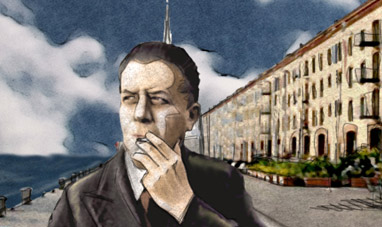

EUGENIO MONTALE


STANLEY KUBRICK


QUENTIN TARANTINO


THÉODORE GÉRICAULT
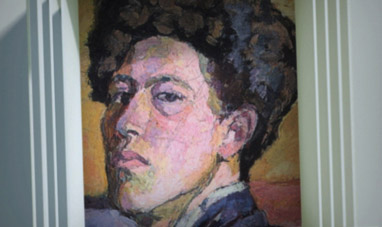

ALBERTO GIACOMETTI


LEON BATTISTA ALBERTI


CHARLES BUKOWSKI


JOHANNES BRAHMS
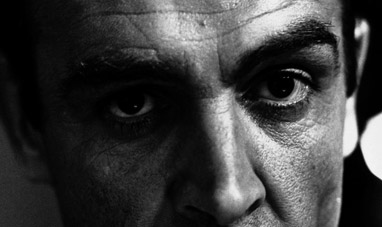

SEAN CONNERY


MARILYN MONROE
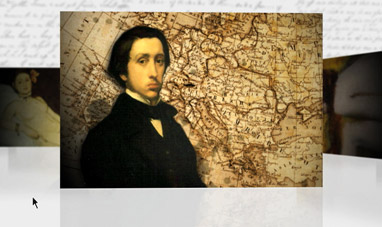

EDGAR DEGAS


MICHELANGELO BUONARROTI


FILIPPO LIPPI


SANDRO BOTTICELLI
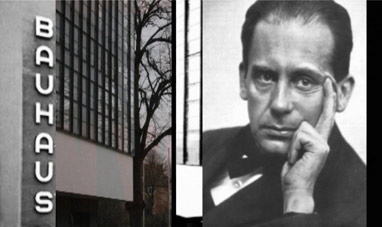

WALTER GROPIUS


MYRON
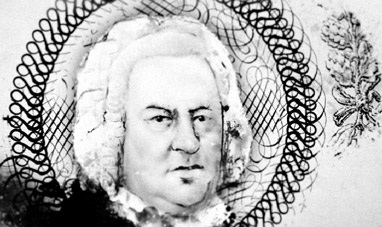

JOHANN SEBASTIAN BACH
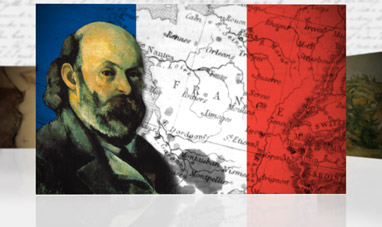

PAUL CÉZANNE


JOHN WAYNE
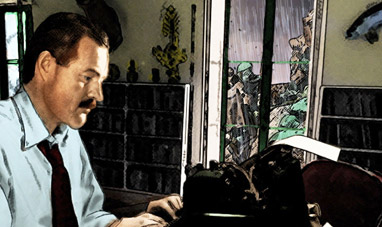

ERNEST HEMINGWAY


MARCELLO MASTROIANNI


EUGÈNE VIOLET-LE-DUC


EURIPIDES


VASCO ROSSI


GIUSEPPE PENONE


LUIS BUÑUEL


GAETANO DONIZETTI


ROBERT ADAM


MONICA BELLUCCI


BETTE DAVIS


ADOLF LOOS
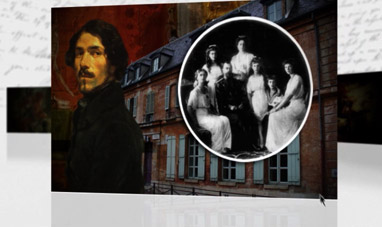

EUGÈNE DELACROIX
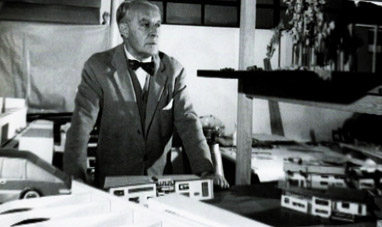

GIO PONTI


MARTHA GRAHAM


RITA HAYWORTH


STEVEN SPIELBERG
